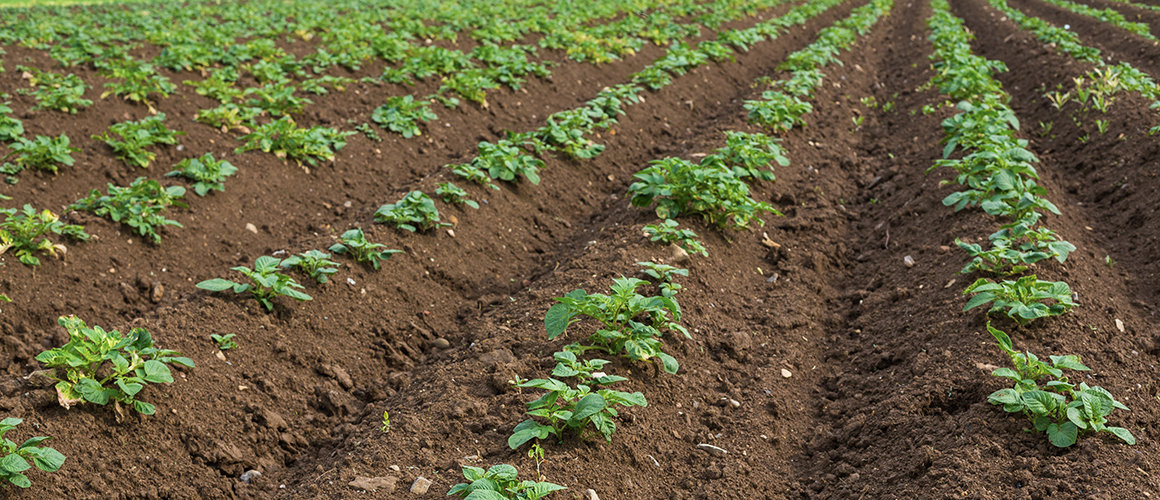Industry statement to the Plant Health Committee – request for feedback
The following statement is currently been circulated to industry stakeholders for sign off.
We would welcome any feedback from growers in either Queensland, New South Wales, South Australia and Victoria would like to provide a comment.
Please contact the National TPP Coordinator at alan.nankivell@ausveg.com.au by COB on Monday 22 July 2019.
Industry statement to the Plant Health Committee
Background
In December 2018 the Plant Health Committee (PHC) released a “Communique to the Potato Industry Stakeholders” outlining a Tomato Potato Psyllid (TPP) Business Continuity Arrangements in NSW, Qld, SA and Vic.
Response
Upon review by industry stakeholders and consultation across the industry, including growers and processors, the communique requires further clarification to ensure business continuity and active grower engagement in ongoing monitoring for TPP.
Industry stakeholders and processing and ware growers in particular have reflected on the economic impact of quarantining when TPP is found and the movement of potato tubers is stopped as part of the initial Emergency Response process where the decision-making process takes place.
The “just-in-time” nature of the potato industry supply chain requires the continuous movement of potato tubers between Queensland, New South Wales, South Australia and Victoria for processing and fresh packing operations. This supply chain model is based on the varieties and different growing conditions in the different regions that provide for a continuous supply of tubers. Any restriction to the movement of potato tubers, even for 24 hours, would have deleterious impact on the industry’s capacity to deliver consumer supplies on time.
The communique highlights that potato tubers are not a vector for TPP. Industry acknowledges that potato tubers infected with CLso present a risk if they are used for seed and TPP is present – this is an issue that will be addressed in the CLso contingency plan.
However, potato tubers for processing and the fresh market are destroyed through either processing or eaten. Therefore, CLso is destroyed as part of the process.
Recommended changes
- The industry stakeholders in Queensland, New South Wales, Victoria and South Australia seek to vary paragraph six of the communique to read as;
“The requirements of the proposed protocol will take affect when TPP is detected in New South Wales, Queensland, South Australia and Victoria.”
- In addition, a point needs to be added which acknowledges the new national TPP monitoring program led by the Western Australian Department of Primary Industries and Regional Development, which will commence in the coming season.

